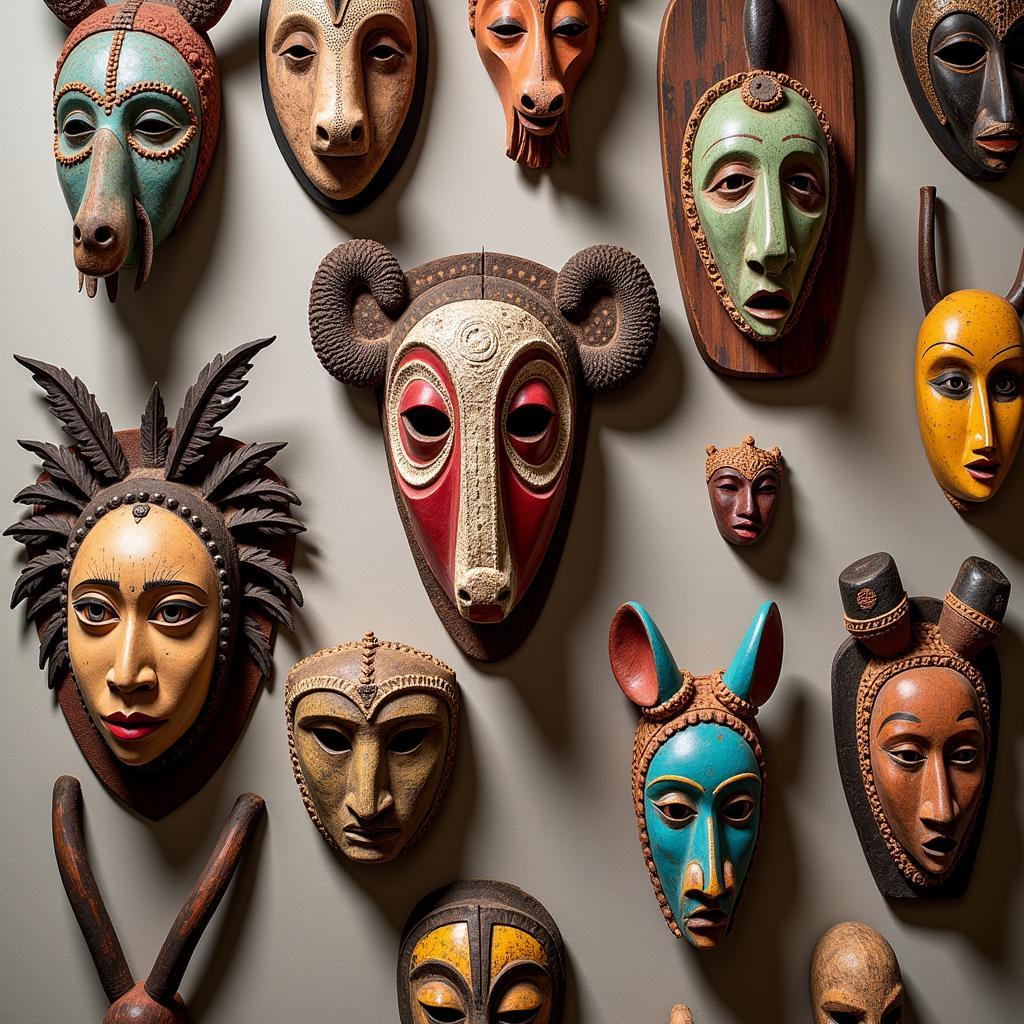Leader of African National Congress: A Legacy of Struggle and Triumph
The leader of the African National Congress (ANC) played a pivotal role in shaping South Africa’s history. This article explores the complex history of the ANC leadership, its struggles against apartheid, and its triumphs in achieving a democratic South Africa. We will delve into the lives and legacies of key figures who held the mantle of leadership, highlighting their contributions and the challenges they faced.
The Evolution of ANC Leadership
The ANC, founded in 1912, has seen a succession of leaders who have guided the organization through different phases of its existence. From its early beginnings as a voice for peaceful resistance to its later adoption of armed struggle, the ANC’s leadership has adapted to changing political landscapes and the escalating repression of the apartheid regime. Early leaders like John Dube and Pixley ka Isaka Seme laid the groundwork for the organization’s growth and its articulation of African aspirations. The ANC’s leadership evolved over decades, responding to the increasingly oppressive policies of the South African government.
After decades of peaceful protests and petitions, the ANC’s leadership realized the need for a more assertive approach. The rise of figures like Nelson Mandela, Oliver Tambo, and Walter Sisulu marked a shift towards a more militant strategy. The formation of the ANC’s armed wing, Umkhonto we Sizwe (MK), signaled a new era in the struggle against apartheid. The who was the leader of african national congress provides further insight into this pivotal period.
Nelson Mandela: An Iconic Leader of the African National Congress
Nelson Mandela’s name is synonymous with the struggle against apartheid. His leadership, both during his imprisonment and after his release, was instrumental in the transition to a democratic South Africa. Mandela’s commitment to non-violent resistance, even after decades of incarceration, inspired millions across the globe. His ability to unite people across racial and political divides was crucial in the negotiations that led to the end of apartheid. Explore the life and legacy of this remarkable figure further in our article on African Gandhi Nelson Mandela.
Mandela’s Legacy and the Future of the ANC
Mandela’s legacy continues to shape the ANC and South African politics. His emphasis on reconciliation and nation-building remains a guiding principle for the party. However, the ANC has faced numerous challenges in post-apartheid South Africa, including issues of corruption and inequality. The party’s leadership is tasked with upholding Mandela’s ideals while addressing the complex realities of governing a diverse and evolving nation.
Challenges and Triumphs of the Post-Apartheid ANC
The transition from liberation movement to governing party has presented the ANC with unique challenges. The leadership has had to navigate the complexities of building a democratic nation while addressing the deep-seated inequalities inherited from the apartheid era. While the ANC has made significant strides in improving the lives of many South Africans, the party has also faced criticism over issues such as service delivery and economic inequality.
The ANC’s leadership in post-apartheid South Africa is a complex and evolving narrative. The party has had to adapt to the realities of governing a diverse nation while grappling with the legacy of apartheid. Understanding this period requires looking at the individuals who led the ANC during this transition, and their efforts to build a new South Africa. You can delve deeper into the leadership of South African states by exploring our article on the 2016 Chief Minister of South African states.
Who Were Some Other Notable Leaders of the African National Congress?
Beyond the well-known figures of Mandela, Tambo, and Sisulu, numerous other individuals have contributed significantly to the ANC’s leadership. These include figures like Albert Luthuli, the first African president of the ANC to win the Nobel Peace Prize, and Govan Mbeki, a key intellectual leader within the organization. Explore the rich tapestry of ANC leadership and their diverse contributions to the liberation struggle.
The Role of Women in ANC Leadership
Women have played a vital role in the ANC, although their contributions are often overlooked. Figures like Lilian Ngoyi and Winnie Madikizela-Mandela were instrumental in mobilizing women and challenging the patriarchal structures within both the ANC and broader South African society. The ongoing struggle for gender equality within the ANC reflects the broader challenges facing women in leadership positions across the continent. Learn more about the significant contributions of African black women 18+ to society and leadership.
Conclusion: The Continuing Legacy of the Leader of the African National Congress
The leader of the African National Congress has played a defining role in shaping South Africa’s trajectory. From the early days of peaceful resistance to the armed struggle and the eventual triumph over apartheid, the ANC’s leadership has demonstrated resilience, adaptability, and a commitment to the ideals of justice and equality. The legacy of the ANC leadership continues to inspire movements for social change around the world. The current leadership faces the ongoing challenge of building a truly equitable and prosperous South Africa, fulfilling the vision of its predecessors. Learn more about African American Congressman and their contributions to political leadership.
FAQ
-
Who was the first leader of the ANC?
John Langalibalele Dube. -
What does ANC stand for?
African National Congress. -
When was the ANC founded?
1912. -
Who was the leader of the ANC during the transition to democracy?
Nelson Mandela. -
What is the role of the ANC today?
The ANC is the ruling political party in South Africa.
For any assistance, please contact us at Phone Number: +255768904061, Email: [email protected] or visit us at Mbarali DC Mawindi, Kangaga, Tanzania. We have a 24/7 customer service team.

